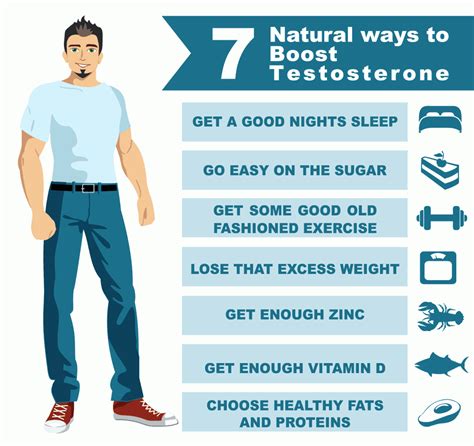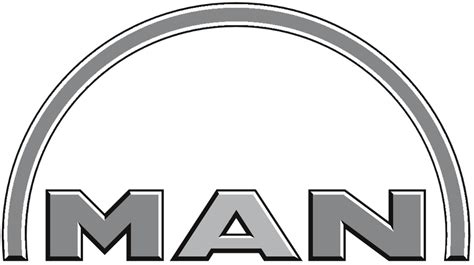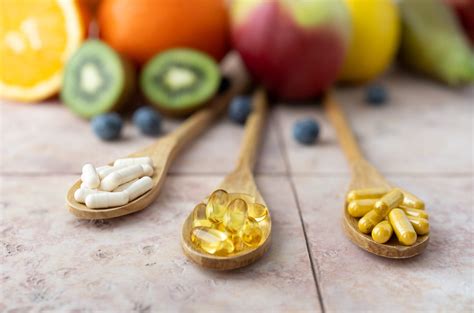How to naturally boost testosterone for peak male vitality & strength?

Understanding Testosterone’s Role in Male Health
Testosterone, the primary male sex hormone, plays a pivotal role far beyond just libido. It influences muscle mass and strength, bone density, red blood cell production, fat distribution, and even mood and energy levels. As men age, testosterone levels naturally decline, often leading to symptoms like fatigue, decreased muscle mass, reduced sex drive, and difficulty concentrating. While synthetic options exist, many men seek natural, sustainable ways to optimize their testosterone levels for peak vitality and strength.

The Cornerstone: Optimize Your Diet
What you eat profoundly impacts your hormone balance. Focus on a diet rich in whole, unprocessed foods to naturally support testosterone production:
- Healthy Fats: Don’t fear fats! Monounsaturated fats (avocados, olive oil, nuts) and polyunsaturated fats (fatty fish, seeds) are crucial for hormone synthesis. Saturated fats in moderation can also be beneficial.
- Adequate Protein: Essential for muscle repair and growth, protein helps maintain a healthy body composition, which indirectly supports testosterone levels. Aim for lean sources like chicken, fish, lean red meat, eggs, and legumes.
- Plenty of Vegetables: Especially cruciferous vegetables like broccoli, cauliflower, and kale, which contain compounds that help your body metabolize estrogen, ensuring a healthier testosterone-to-estrogen ratio.
- Micronutrient Powerhouses:
- Zinc: Found in oysters, red meat, poultry, beans, and nuts. Zinc deficiency is linked to low testosterone.
- Vitamin D: Crucial for many bodily functions, including hormone production. Sunlight exposure is key, but fortified foods and supplements can help.
- Magnesium: Found in leafy greens, nuts, seeds, and whole grains. Magnesium can help improve free testosterone levels.
- Limit Sugar & Processed Foods: High sugar intake and highly processed foods can lead to insulin resistance and increased body fat, both detrimental to testosterone levels.

Exercise Smart, Not Just Hard
Physical activity is a powerful testosterone booster, but the type of exercise matters:
- Resistance Training: Lifting weights, especially compound movements like squats, deadlifts, bench presses, and rows, stimulates significant testosterone release. Focus on progressive overload and proper form.
- High-Intensity Interval Training (HIIT): Short bursts of intense exercise followed by brief recovery periods have been shown to be effective in boosting testosterone and growth hormone.
- Avoid Chronic Excessive Cardio: While cardio is good for heart health, prolonged, moderate-intensity cardio can sometimes suppress testosterone levels, especially if combined with a calorie deficit. Balance is key.

Lifestyle Habits for Optimal Hormone Health
Beyond diet and exercise, daily habits significantly impact your testosterone production:
- Prioritize Quality Sleep: Aim for 7-9 hours of uninterrupted sleep per night. Poor sleep significantly lowers testosterone levels. Create a consistent sleep schedule and optimize your bedroom environment.
- Manage Stress Effectively: Chronic stress elevates cortisol, a hormone that directly suppresses testosterone. Incorporate stress-reducing activities like meditation, yoga, spending time in nature, or engaging in hobbies.
- Maintain a Healthy Weight: Excess body fat, particularly around the midsection, can convert testosterone into estrogen. Losing weight, if overweight or obese, is one of the most effective ways to boost testosterone.
- Limit Alcohol Intake: Excessive alcohol consumption can disrupt hormone production and liver function, negatively impacting testosterone.
- Get Sunlight Exposure: Regular, safe exposure to sunlight helps your body produce Vitamin D, which is linked to higher testosterone levels.

Consider Targeted Natural Supplements (with caution)
While diet and lifestyle are paramount, certain supplements can offer additional support, especially if you have deficiencies. Always consult a healthcare professional before starting any new supplement regime.
- Vitamin D3: If your levels are low, D3 supplementation can significantly improve testosterone levels.
- Zinc & Magnesium: As mentioned, deficiencies in these minerals can impair testosterone production. Supplementation might be beneficial if your dietary intake is insufficient or if tests reveal a deficiency.
- Ashwagandha: This adaptogenic herb has shown promise in reducing stress (cortisol) and modestly increasing testosterone levels in some studies.
- Fenugreek: Some research suggests fenugreek extract may help increase free and total testosterone levels, often due to its role in inhibiting enzymes that convert testosterone into other hormones.

Conclusion: A Holistic Approach for Lasting Vitality
Naturally boosting testosterone for peak male vitality and strength is not about a quick fix but a commitment to a holistic, healthy lifestyle. By consistently focusing on nutrient-dense foods, intelligent exercise, adequate sleep, and effective stress management, you can create an optimal environment for your body to produce and maintain healthy testosterone levels. Embrace these changes, stay patient, and enjoy the profound improvements in your energy, strength, and overall well-being.









